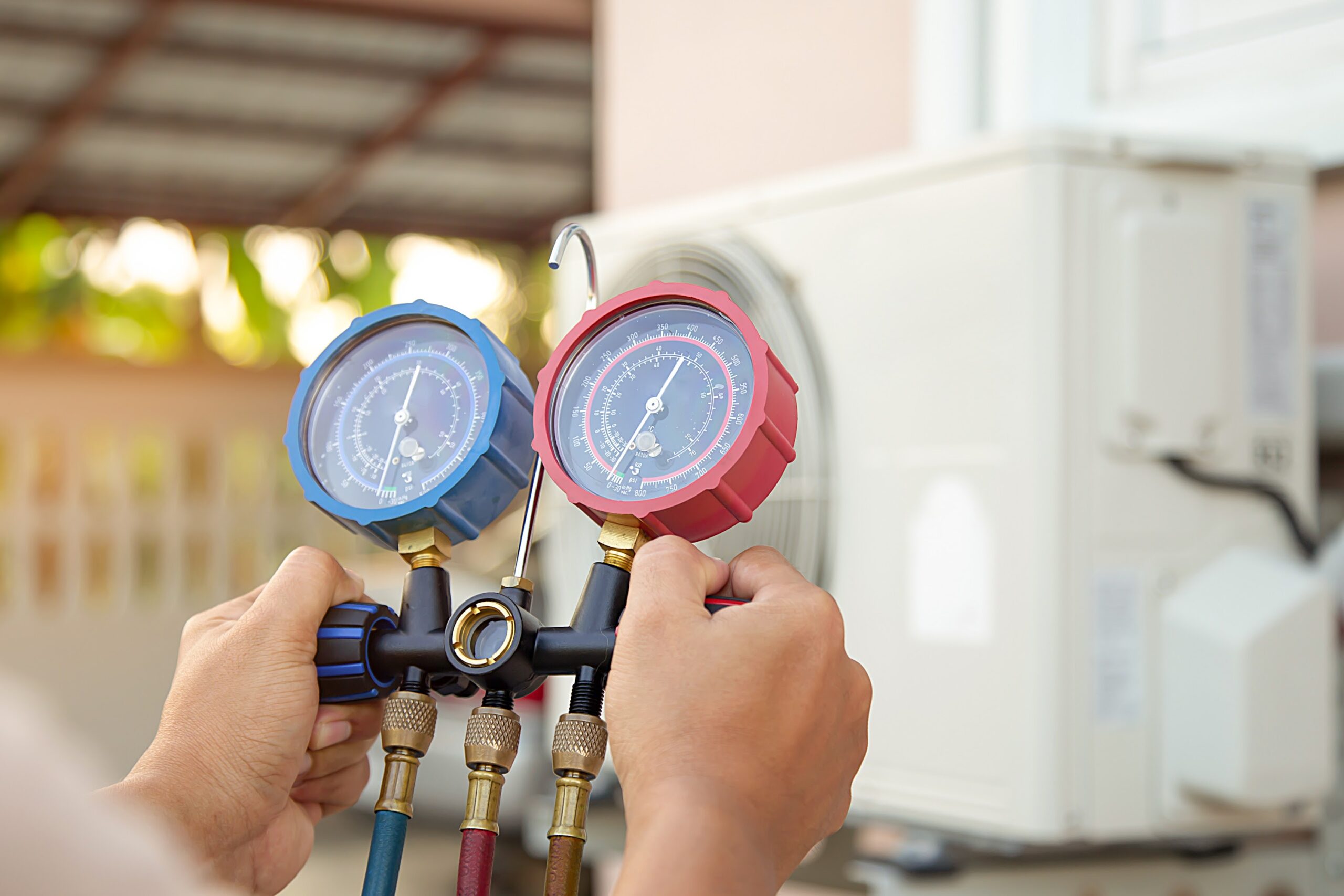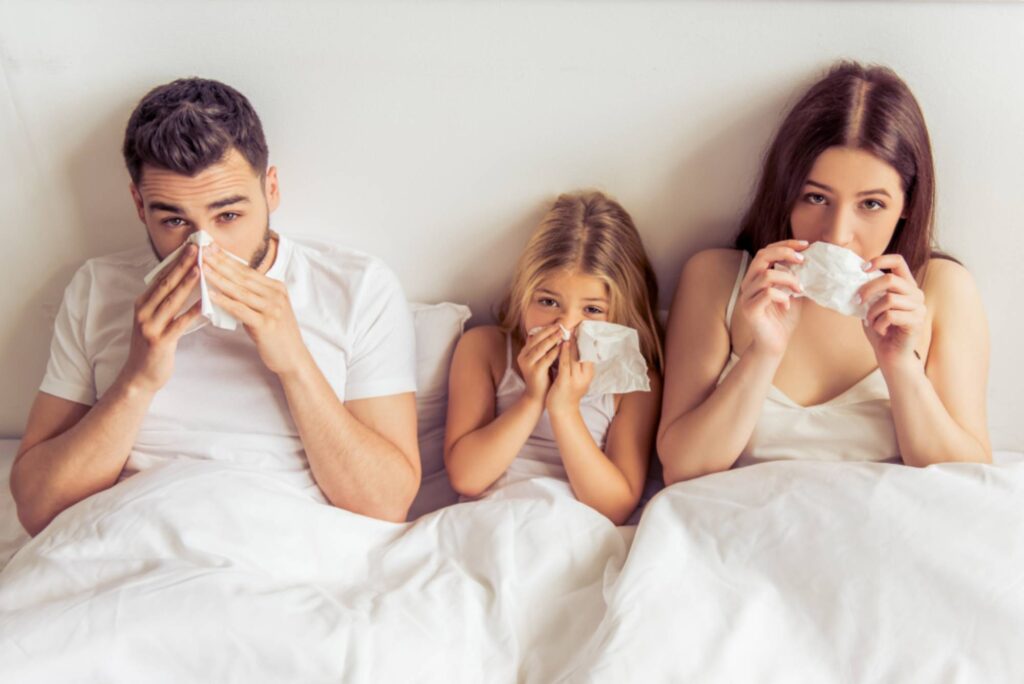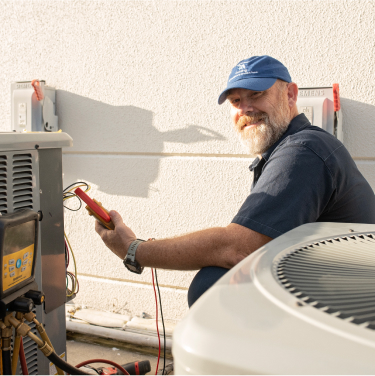
We, humans, are pretty resilient, but prolonged exposure to indoor air pollution and high concentrations of allergens will eventually get the best of us.
Air quality, or IAQ, is highly essential to everybody’s health. Such that rates vary like “Good” IAQ is 0 to 50. Air quality is considered satisfactory, and air pollution poses little or no risk. “Moderate” AQ is 51 to 100. Air quality is acceptable; however, for some pollutants, there may be a moderate health concern for a very small number of people. Unhealthy Air Quality, at 101 to 150, the air is considered unhealthy for sensitive groups. The elderly, children, and people with lung disease are vulnerable to the effects of ozone pollution, and the elderly, children, and those with heart and lung disease are at risk from particulate matter.
On a clear breezy day, the air smells fresh and clean. Clean air is good for people to breathe and has no harmful levels of pollutants (dirt and chemicals) in it. On a hot day with no wind, the air can feel heavy and have a bad smell due to air pollution.
Most of this air pollution we cause results from the burning of fossil fuels, such as coal, oil, natural gas, and gasoline to produce electricity and power our vehicles. Carbon dioxide is a good indicator of how much fossil is burned and how much of other pollutants are emitted as a result.
Air Pollution
Air pollution is a type of environmental pollution that affects the air and is usually caused by smoke or other harmful gases, mainly oxides of carbon, sulfur, and nitrogen. It consists of gaseous, liquid, or solid substances that, when present for insufficient time and under certain conditions, tend to interfere with human conflict, health, or welfare and cause environmental damage. There are different types of air pollution, such as particulate matter, nitrogen dioxide, ozone, and sulfur dioxide.
Here are some tips to protect you from unhealthy air:
- Check the daily air pollution forecast in your area
- Avoid exercising outdoors when the pollution level is high
- Always avoid exercising near high-traffic areas
- Use less energy in your home
- Encourage your child’s school to reduce exposure to school bus emissions
- Walk, bike, or carpool
- Don’t burn wood or trash
- Control Indoor Allergens to improve air quality
Allergy and asthma control begins at home. Many people with allergies stay indoors when pollen and mold are high. But dust mites, pet dander, and even cockroaches can cause problems indoors.
The Environmental Protection Agency (EPA), a government agency in charge of environmental control, recommends ways you can improve indoor air quality:
- Control your contact with indoor airborne allergens
- Ventilate your indoor areas well
- Use air cleaners to clean indoor air
- Better air quality in our own home, office, and school, and even in a car, can reduce allergy and asthma triggers.
Controlling indoor allergens is possible and can be done by applying cleaning and reducing allergens in your own home. Commonly, the main sources of indoor allergens are pets, wall-to-wall carpet, soft furniture, stuffed toys, bedding, damp areas, indoor plants, mattresses that aren’t in allergy covers, and pillows and bedding you can’t wash in hot water.
Additionally, air-cleaning devices might help. But the best way to improve your air quality is to get rid of or eliminate the sources of allergens and irritants from your home. Take measures to avoid and reduce your contact with allergens. Also, increase the flow of outdoor air into your home and reduce humidity as much as possible.
Moreover, reducing indoor humidity decreases dust mites and mold growth in air ducts. Air conditioners help reduce humidity, too. They can also prevent outdoor allergens. Keeping your windows and doors closed. Turn off your air conditioner or re-circulation. These steps can help reduce outdoor allergens like pollen and mold.
Need a chill? Contact Caloosa Cooling, your filter, and air quality product contractors in Fort Myers, FL, at 239-226-0202 today for cooling system services in Southwest Florida.
For any filter and air quality products and services, Caloosa Cooling offers filter and air quality products and installations.
How often should I change my air filter to help allergies?
Most homes do best at 60 to 90 days, sooner with pets or construction dust. See why it matters in this primer on filter importance.
What are the fastest ways to improve indoor air quality?
Start with source control, fresh filters, and steady ventilation. Get quick wins from this list of better air quality tips.
Does regular AC service actually help air quality?
Yes. Clean coils, clear drains, and balanced airflow reduce dust, odors, and moisture. Learn more about the benefits of AC maintenance.
Should I add whole-home purification or stick with portable units?
Whole-home systems treat every room whenever the air handler runs. See what’s new in whole-home filtration tech.
Why do my ducts smell musty after rain or high humidity?
Moisture can linger in pans and on coils, leading to odors. This guide to a drain pan not flowing explains what to check and how techs fix it.








